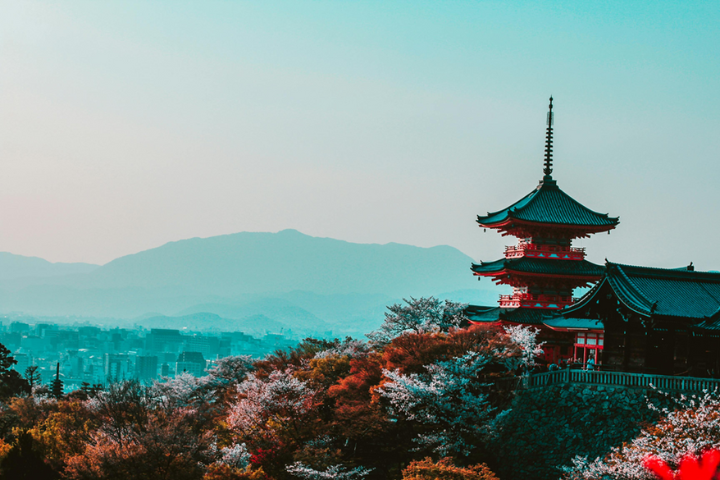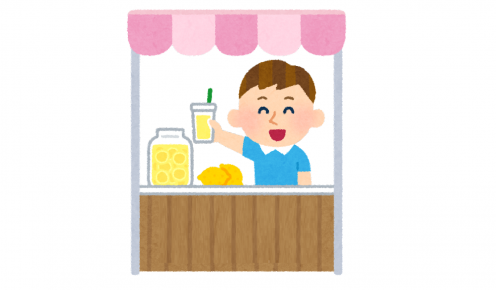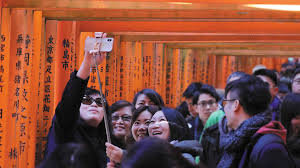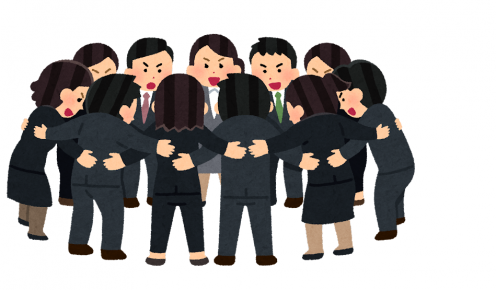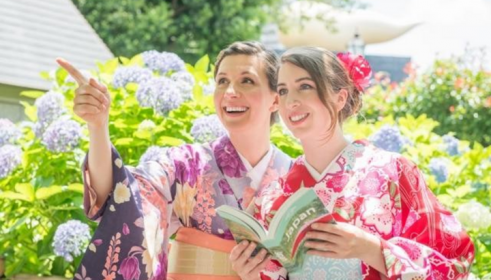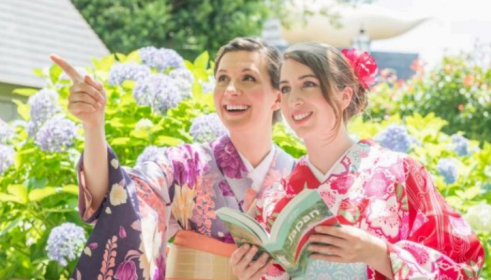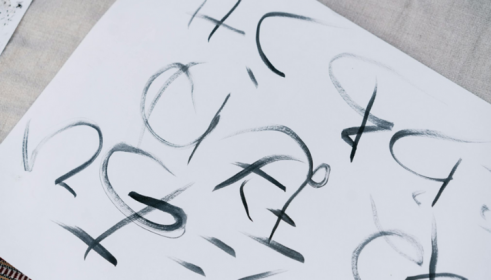The topic of mental health is gaining importance all over the world including Japan. It has become very important for each society to be aware and helpful towards people who could be suffering from mental health issues. In this article we will explore some words and phrases about mental health in Japan. This will language learner gain deeper understanding about Japanese culture and also improve their vocabulary.
- Kokoro no kaze (心の風邪)

Kokoro no kaze literally meaning ‘cold of the soul’, was the phrase popularized by the pharmaceutical industry for creating awareness about depression. Earlier the Japanese people only used recognize manic and severe depression for which patients needed hospitalization. There was no term for mild depression thus making it difficult for people to seek help. Kokoro no kaze helped creating awareness about this stage of depression for which people started to get help.
Sources: (1)
- Kūki wo yomu (空気を読む)

Kuki wo yomu literally translates to ‘reading the air’ where kuki means air and yomu –to read. This concept in very prevalent in Japanese society as Japanese communication is usually polite with the consideration of others. Kuki wo yomu means being aware and attentive of other people’s feelings and values, and not creating any conflict by saying or doing contradictory things.
This concept encourages people to be more empathetic and sensitive towards other people’s feelings and emotions.
- Ki (気)
The word or concept of ‘ki’ has many meanings such as spirit, vital force, energy, air etc. Ki can be compared with the word ‘prana’ in Hindi. It is a type of vital energy that runs living beings. Many people use this word to describe their energy state whether they are feeling low energy, blocked energy or good energy.
- Kireru (キレる)

Kireru refers to losing one’s temper or getting very angry. The extreme emotions of anger can be very harmful for the person and people around him. Managing anger and finding the root cause and patterns of this issue can be very helpful to the person and his relationships.
- Mono no aware (物の哀れ)
This phrase emphasizes the impermanence of things and the beauty of transient nature. For example, cherry blossoms appear for a particular duration of time and then they go away. This makes the experience of cherry blossoms much more meaningful and enjoyable. People tend to appreciate it even more because of its impermanent nature.
This extends to the times of adversity and sufferings as well; one should be aware that this time is also impermanent and it will also end, making it more bearable and less difficult which in turn helps one to not lose hope and become mentally strong.
- Shinkeishitsu (神経質)

This term refers to the mental health issue of nervousness, anxiety or neuroticism. It also includes high levels of stress in an individual making him/her sensitive and overly anxious.
- Yutori (ゆとり)
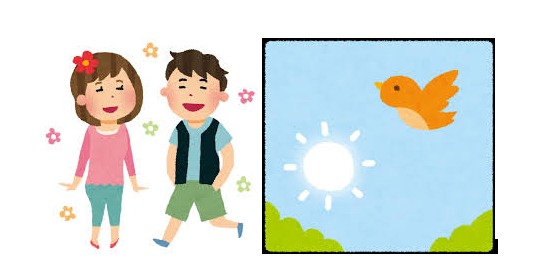
Yutori is a concept in Japanese referring to spaciousness and a sense of pause in life. This concept promotes the idea taking a break in life to relax and feel the vast and spacious surroundings, in contrast to the narrowness one feel when doing work all the time. The concept of Yutori can help individuals avoid burnouts and sickness due to overwork. It also improves overall mental health of people.
- Seishinbyō (精神病)

Seishinbyo is a broad term used for mental illness and a wide range of psychotic disorders.
- Hikikomori (引きこもり)

This is a term used for describing individuals who suffer from emotional distress and find it difficult to connect with the society. These people stay indoors for most of the times making it difficult for them to earn a living.
- Kofuku (幸福)

Kofuku in Japanese means happiness and well-being of a person. By taking care of one’s physical as well as mental health people can achieve happiness and balance in life. Even in the times of troubles one can remember the concept of ‘Kintsugi’ Which tells that people become stronger and more resilient after times of adversity just like a broken bowl which becomes more valuable when repaired using gold or silver.
Conclusion:
Mental health practices in Japan are becoming better with time. More people are becoming aware of these issues and seeking help. Stigma around mental health issues are also decreasing with increased acceptance and availability of treatment.
Thank you for reading!
These were some of the common vocabularies used in the world of mental health in Japan.
To learn more about Japan and Japanese language, checkout our YouTube channel Nihongomax and our website Nihongomax .

